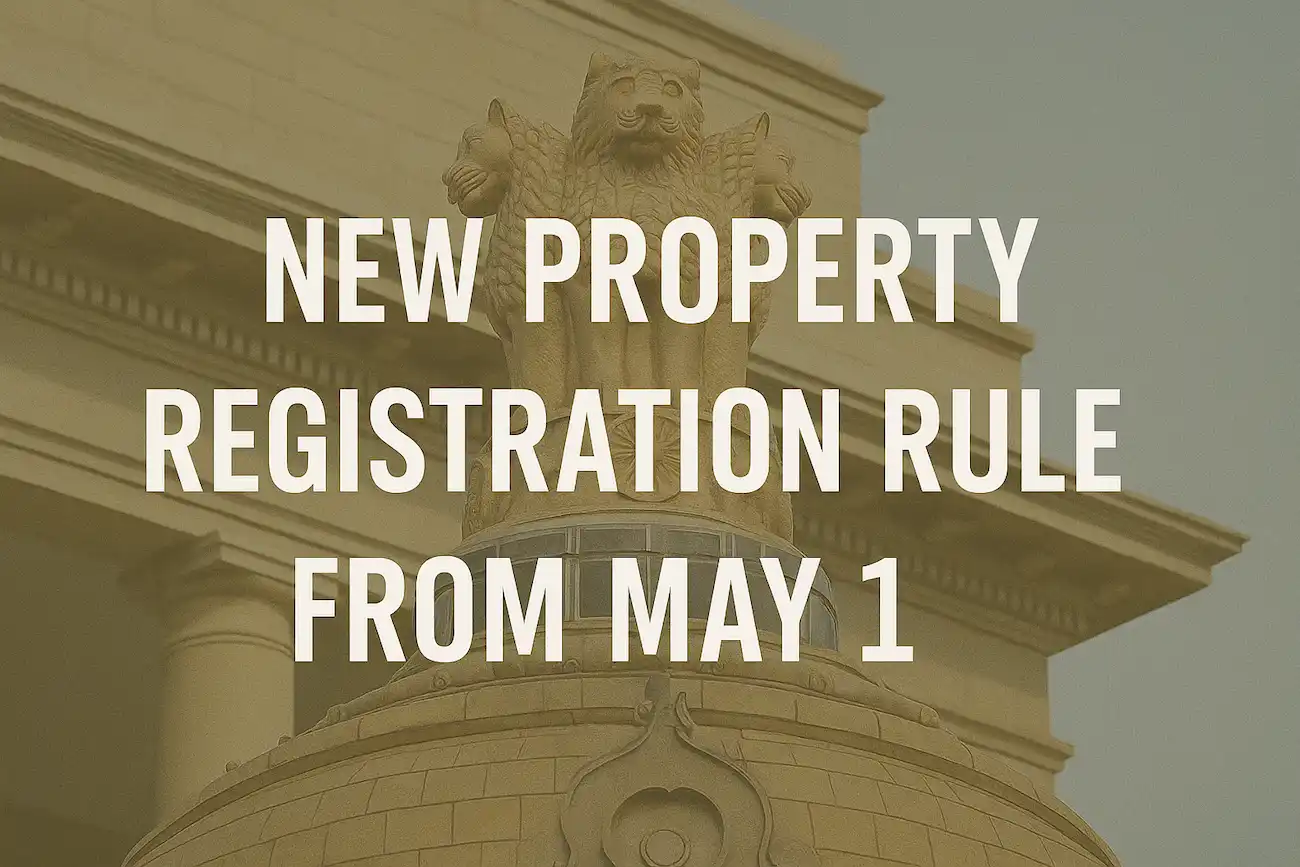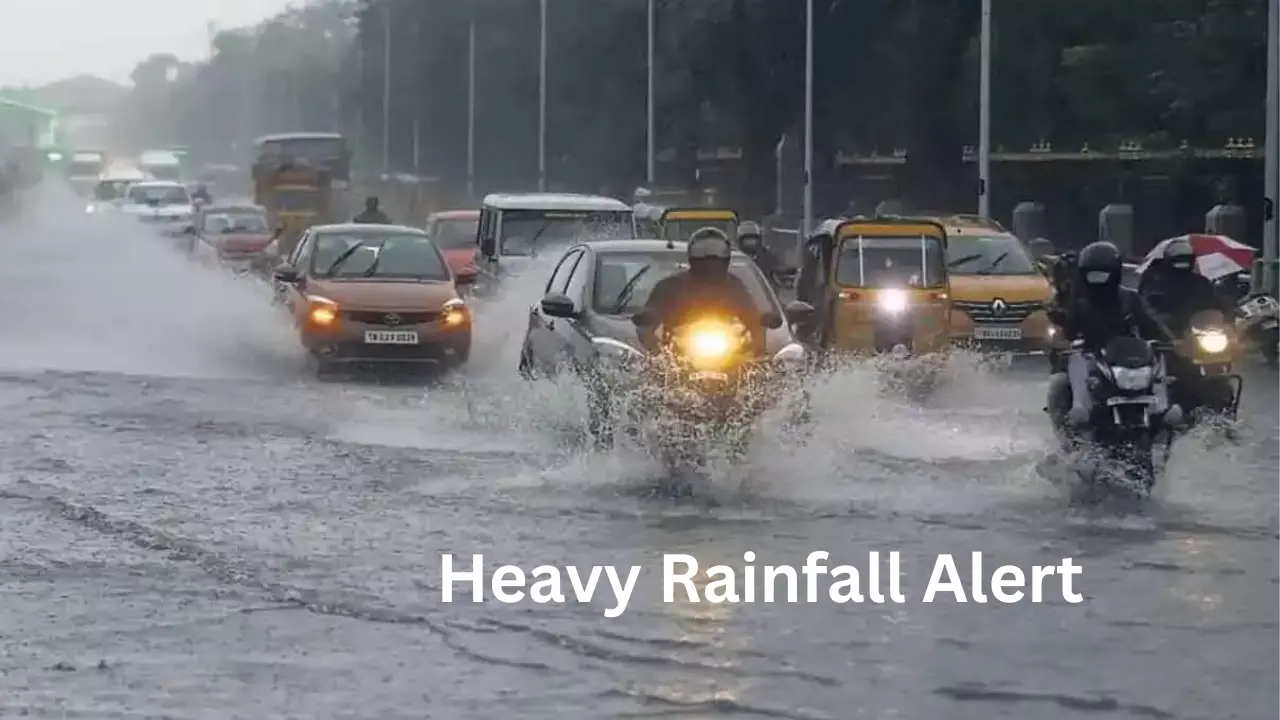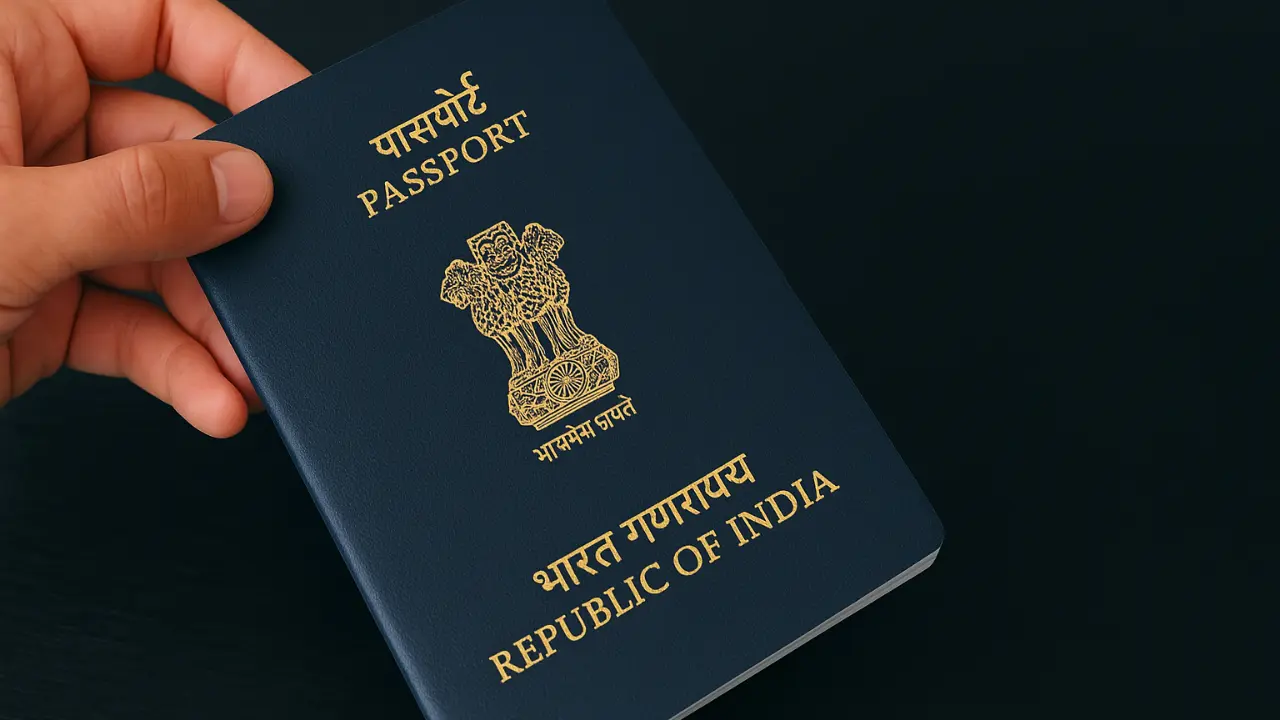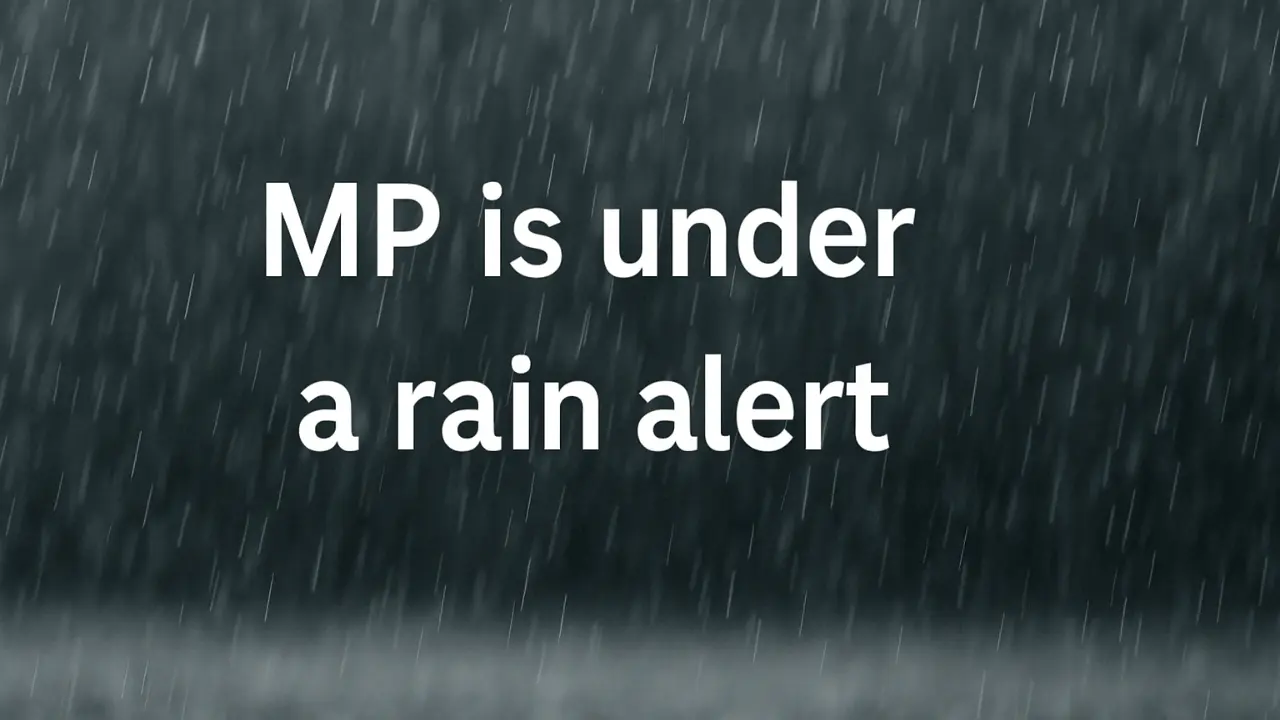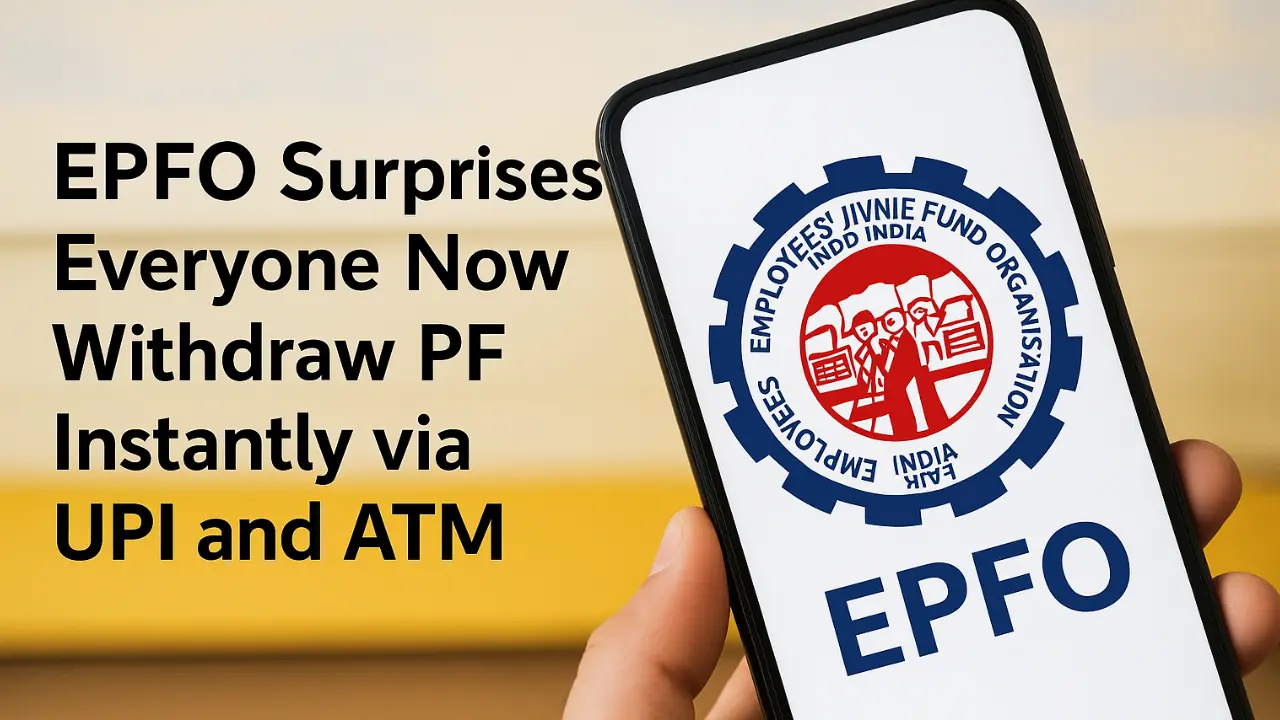Property Registration Under ₹100? New Rule from May 1 Slashes Land Deal Costs
Imagine buying a piece of land and paying just ₹100—or even less—for its registration. Sounds unbelievable, right? Well, starting May 1, 2025, this will become a reality for many property buyers in India. The government is rolling out a game-changing rule aimed at slashing property registration costs drastically. Let’s dive deep into what this means for you!
What’s the New Rule About?
The Indian government has introduced a reform that reduces property registration fees to as low as ₹50–₹100 for specific transactions. This bold move is designed to:
- Make property ownership more affordable
- Encourage formal land transactions
- Boost rural and semi-urban development
Who Can Benefit From This New Policy?
This isn’t a blanket rule for all property sales. The lower registration fees apply mainly to:
- First-time homeowners
- Small landowners in rural areas
- Beneficiaries of government housing schemes like PMAY
- Farmers transferring small plots of agricultural land
- Slum rehabilitation program participants
If you fall into one of these groups, you’re in luck!
Where Will This Rule Be Implemented?
Initially, the policy will roll out in selected states such as:
- Uttar Pradesh
- Bihar
- Madhya Pradesh
- Odisha
- Rajasthan
- Chhattisgarh
Other states are expected to join the wave soon after seeing the policy’s impact.
Why Is the Government Slashing Registration Fees?
The main goals behind this policy include:
- Reducing informal and disputed land transactions
- Making property ownership more accessible for the poor and marginalized
- Speeding up the success of rural development and housing missions
It’s a big step toward legalizing property ownership and strengthening the economy at the grassroots level.
How Much Will You Save?
Let’s break it down:
- Traditionally, property registration fees could range from ₹10,000 to ₹50,000 depending on property value and location.
- With the new policy, you might pay just ₹50 or ₹100, saving up to 99% on registration costs.
Pretty amazing, right?
What Types of Properties Are Covered?
The policy mostly targets:
- Residential properties valued up to ₹10 lakh
- Small agricultural land parcels
- Homes allotted under government housing schemes
Commercial property sales and luxury real estate aren’t included for now.
How To Register Property Under The New Rule
Here’s a simple roadmap:
- Verify Eligibility: Confirm your property qualifies for the reduced fee.
- Prepare Documents: Keep your ID proof, land documents, and eligibility certificates ready.
- Online Registration: Most states will allow digital registration through their official portals.
- Payment: Pay the minimal fee online and book an appointment if physical verification is needed.
- Get Your Deed: Receive your official registration papers within a few days!
Will This Rule Help Boost Property Transactions?
Absolutely! Experts predict:
- More first-time buyers will come forward
- Rural land transactions will rise significantly
- Lenders and banks will find it easier to finance legally registered properties
The real estate sector could see a healthy boom, especially in Tier 2 and Tier 3 cities.
Challenges and Concerns
Every policy has its hurdles. Some potential concerns include:
- Risk of fraudulent transactions if monitoring is not tight
- Revenue loss for state governments in the short term
- Awareness issues among rural populations about how to benefit from the scheme
The government is expected to address these through strict verification and public awareness campaigns.
How Will This Impact Rural Development?
By cutting down costs, the rule will:
- Encourage small farmers and rural residents to register their land
- Reduce land disputes by formalizing ownership
- Strengthen local economies by boosting secure property transactions
This is a long-term win for India’s rural landscape.
Can We Expect Similar Reforms for Urban Areas?
While this initial rollout targets rural and semi-urban regions, experts suggest that similar low-cost registration models could be introduced for low-income urban housing projects in the near future. So, city dwellers—stay tuned!
What Experts Are Saying
Property market analysts believe this could be a landmark reform:
- It addresses the root problems of unregistered properties.
- It supports the government’s goal of Housing for All.
- It creates a ripple effect, boosting legal infrastructure in real estate.
Conclusion
The new property registration rule slashing costs to under ₹100 is not just a financial relief—it’s a massive leap toward inclusive growth. By making property ownership affordable and legally binding, India is laying the foundation for a stronger, more equitable future.
If you’re planning to buy land or a small house soon, May 1 could be your lucky day. Get your documents ready and watch history unfold!
FAQs
1. When will the new property registration rule come into effect?
May 1, 2025.
2. Who is eligible for the ₹100 registration fee?
First-time buyers, small farmers, government housing scheme beneficiaries, and rural landowners.
3. Can urban properties also get this benefit?
For now, it’s mainly for rural and semi-urban properties.
4. How can I register my property under the new rule?
Through the official state registration portals or designated government offices.
5. Will this policy apply permanently?
It’s being launched as a pilot program, but successful implementation could lead to permanent adoption and expansion.
Catch today’s top stories and trending updates across News, Entertainment, Business, and Sports. Dive into expert Finance insights, market trends, and smart investment tips in our Finance hub.

